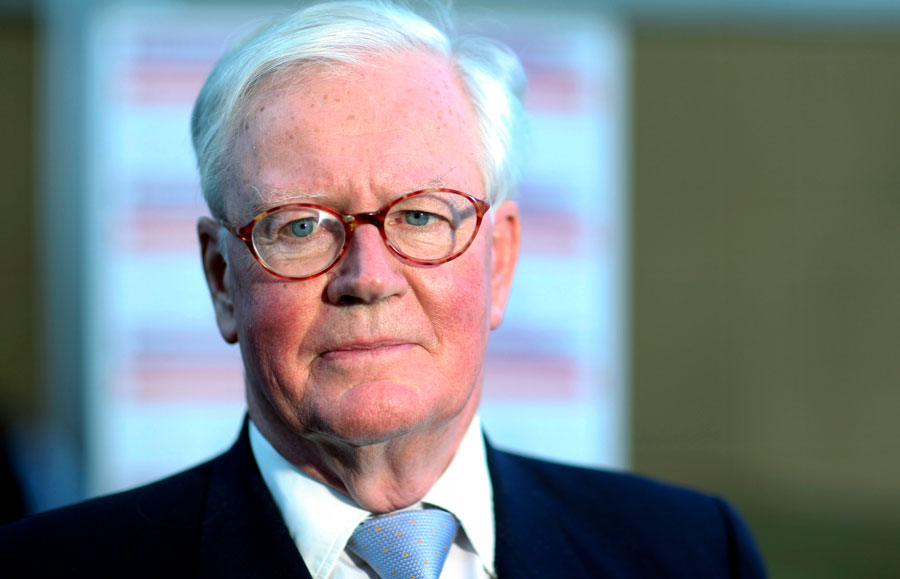Stakeholders and society in general have a vested interest in healthy corporate values, attitudes and behaviours that lead to sustainable growth and long term economic success. On 20 July 2016, the Financial Reporting Council (FRC) published the results of a study exploring the relationship between corporate culture and long-term business success in the UK.
The report is the culmination of the FRC’s Culture Coalition, a collaboration with CIMA, the City Values Forum, IBE, IIA and CIPD, and interviews with more than 250 chairmen, CEOs and leading industry experts from the UK’s largest companies. The report explores the importance of culture to long-term value and how corporate cultures are being defined, embedded and monitored.
A healthy culture both protects and generates value. It is therefore important to have a continuous focus on culture, rather than wait for a crisis ~ Sir Winfried Bischoff – Chairman Financial Reporting Council
Download the Corporate Culture and the Role of Boards: Report of Observations report from the FRC’s website here.
Charlie Helps and Co have been ahead of the game in flying the flag of value and values as core business drivers as our clients will attest. We guarantee that clients will be able to turn cost-centre black holes into capitals of value with our proven range of business and governance tweaks.
Shareholders and stakeholders increasingly demand values-based leadership in the Boardroom as Wells Fargo will hopefully understand in future. Charlie Helps wrote “Core Values for 21st Century Business Success” for Professor Mervyn King’s boardroom journal Corporate Report ahead of the long-awaited update of the King Report on Corporate Governance for South Africa, King IV™. The article was well-received for supporting and encouraging a shift from codified practices for corporate governance towards values-based board leadership and corporate behaviours, a concept which is repeated throughout the FRC’s 2016 report.

Professor Mervyn King SC
Professor Mervyn King’s revised King IV refines the concept and requirements of combined assurance by introducing the five level Combined Assurance Model.♠ King IV introduces some important updates to the landmark King III report. In addition, it breaks new ground by differentiating clearly between principles and practices, and linking practices to outcomes – all with a view to making implementation easier, says Angela Cherrington, CEO of the Institute of Directors in Southern Africa (IoDSA).
Corporate governance is ever evolving and King IV provides closer, more practical guidance on how to integrate its principles into the way organisations do business. The Code applies a principle-and-outcome based approach, and moves away from a tick-box approach to corporate governance. It encourages boards of directors to adopt an integrated thinking approach, where value is measured across six “capitals” of value creation.
This integrated thinking approach enables boards to readily adopt the IIRC’s Integrate Reporting Framework which places emphasis on transparency and accountability, and aims to make annual reports accessible to readers other than professionals such as accountants.
All of these initiatives support a healthy shift in corporate value towards integration and integrated business models with a view to taking cognisance of the needs and wishes of stakeholders and the community whilst preserving the natural environment. In so doing, companies can demonstrate responsible business practices, and that means significant reputation growth. Anybody in corporate communications knows that reputation is gold. Very hard to earn, too easy to lose.
As Claudia Chapman of the FRC say in her introductory piece for the report, the FRC hopes that by publishing this report, boards and their companies will integrate thinking on culture into broader discussions in the boardroom. The FRC hopes companies and investors will have conversations about behaviours and culture in companies. She points out that the framework of codes, rules and regulation already exists.
Quoting from the introduction:
Success depends, however, on the spirit in which companies and investors apply the principles and use the flexibility they have.
♠Highlights from analysis by Deliotte King IV Report on Corporate Governance.

